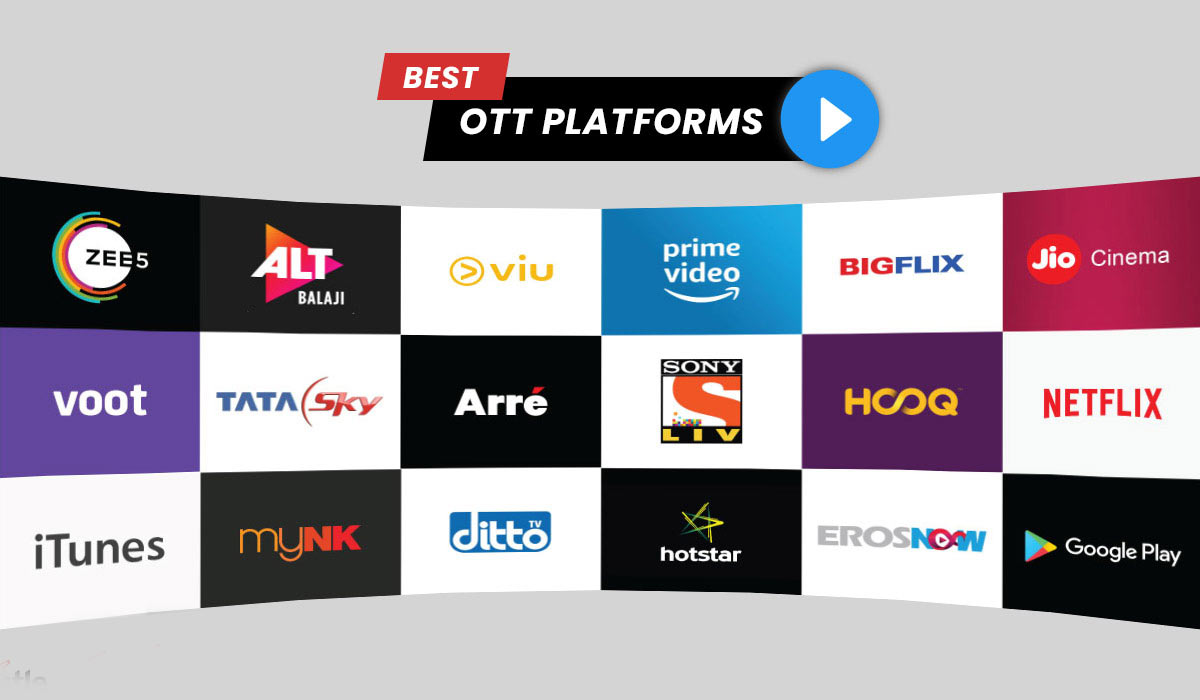OTTs Wings Clipped?
OTTs Self-censorship Code!

During the last few months digital media platform and especially Otts faced criticism for including obscene, adult content and also anti national content hurting the sentiments of all making covert and overt remarks on caste, creed, linguistic, regional and national basis on regular basis.
With no censorship, filmmakers under the garb of freedom of speech and creativity crossed their limits in their web series. Many makers used to name their webseries after attractive family names but once viewers watch it, they will be shocked to see adult content. This is alienating most of the family viewers from the Otts.
Many called for censorship for web series also just like how theatrical releases have. Many union ministers indicated that soon the government will pass a law with strict censorship for webseries and digital media platforms also. Now in the midst of all this reports are coming that 15 Ott platforms including top players like Netflix, Amazon Prime Video, Disney Plus Hotstar, Voot, Jio Cinema, Zee 5, Eros Now, ALT Balaji, Hungama, Shemaroo have signed a self-regulation code to govern the content streaming on their platforms. Under this code, they aim to come up with various disclosures like content descriptions like violence, language and also specify maturity ratings.
While Ott makers claim that this was long overdue, trade analysts say Otts are forced to take this step as people have been complaining about overdose of bold content and violence in webseries. They say Ott makers to escape from the strict censorship guidelines from the government decided to frame their own rules. While Pritish Nandy feels that there should be no censorship as it curbs the freedom of expression, trade analyst Taran Adarsh says self-censorship is important when kids are also watching various web series. The question is will Otts with self-censorship clip their creativity wings or force the Government to come with the own censorship guidelines.




 Surprise: Anushka Defeated Prabhas
Surprise: Anushka Defeated Prabhas Heroines Not Scared Of Covid 19?
Heroines Not Scared Of Covid 19?